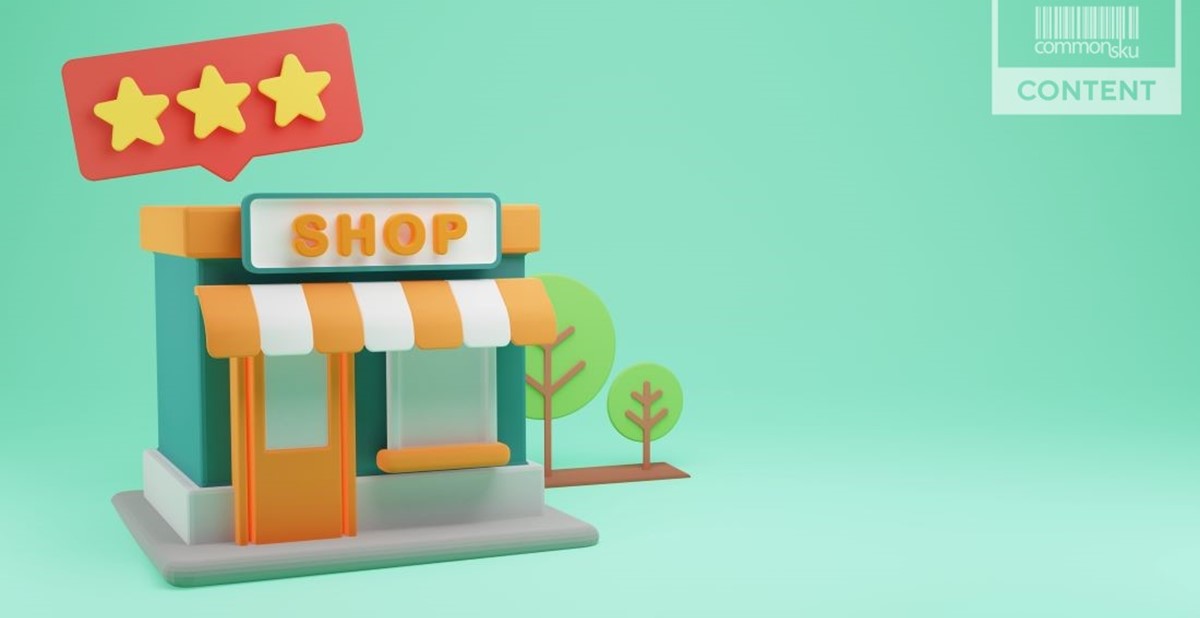7 Steps To Selling Branded Merchandise Shops To Clients

One thing distributors in the promotional products industry often get wrong about selling branded merchandise shops to clients: It’s not about the sourcing, the technology, the logistics or the scale; it’s about inspiring a brand experience. A client wants a shop because they want the shop to do something for the brand, they want to:
- Create brand affinity
- Build brand champions
- Launch a brand refresh
- Strengthen a brand’s identity
- Enhance a brand’s value
- Amplify the brand voice
That’s why they buy a shop.
What they buy is the ability to scale the brand experience through a 1-to-1 medium (branded merch). What they also buy is a simplified process (the tech), outsourcing to (you) the experts, and democratizing the brand impact to every single person in their network.
In other words, the sourcing, the technology, and the products are the table stakes. Don’t misunderstand, you must be really good at sourcing, technology, and product, but those are bare minimum expectations. “Understanding the why in the buy” is the most important part of creating an effective shop, and it’s also the secret to opening up new shop opportunities.
And often, we’re working so hard in our business, we rarely step back to work on our business: Here is a simple 7-step exercise that will allow you to pause, reflect, and quickly assess the best shop opportunities in your client portfolio:
- List your clients by order of annual revenue. List these in descending order with your largest clients at the top and your smaller clients at the bottom.
- Highlight those clients that you currently do not have a shop with.
- Put an asterisk next to the clients with the greatest potential. In other words, they may not be your largest client, but they have the potential to be a larger client.
- Analyze their why: Since you know this client, glance back at the list above: Why do you think they need a shop? Is it to cultivate brand champions? Create brand affinity with their clients or employees? This is the most important part. Draft out a few simple bullet points on why your customer needs a shop.
- Next: Mock a shop for your client. It once seemed crazy to build a shop before your client says yes. Shops used to require a technologist or it exacted a huge amount of time from your day. But with commonsku shops, anyone can build a shop in minutes so it’s well worth your time to mock up a shop for your clients.
- Create buyer alliances: Ask yourself, “Do I have the right buyer for this shop opportunity?” If not, can I work through my buyer to bring the other decision-makers to the table? Example: You might work with procurement or HR but a shop could fall in the marketing department’s purview. Work with your client to assemble the right decision-makers for your next step, which is…
- Roll out the red carpet and present shops as an experience. One mistake many of us make is to build a dozen mock ups for shops and fire off an email to our customers with a link. Wrong. An email is easy to ignore. An email doesn’t translate the why. An email doesn’t emphasize the experience. Moreover, an email’s no fun. For your presentation to a client, create the same kind of excitement your shop will create for its employees. Create specs of some cool merch for your buyers. Have it kitted and sent for your shop’s presentation. And then make your presentation using the leverage of a cool design, fantastic merch, with an emphasis on delivering high brand impact. Presenting a shop should always consist of two-thirds creative and one-third logistical/technical. Don’t get bogged down in the tech or logistical details, the excitement around building a shop for your client is in building excitement around the value for their brand.
Creating shop opportunities for your client is worth every ounce of proactive energy you pour into it because a shop is a gateway to more selling opportunities.
This article is brought to you by commonsku, the work-from-anywhere platform that powers your connected workflow enabling you to process more orders and dramatically grow your sales. To learn more visit commonsku.com.

